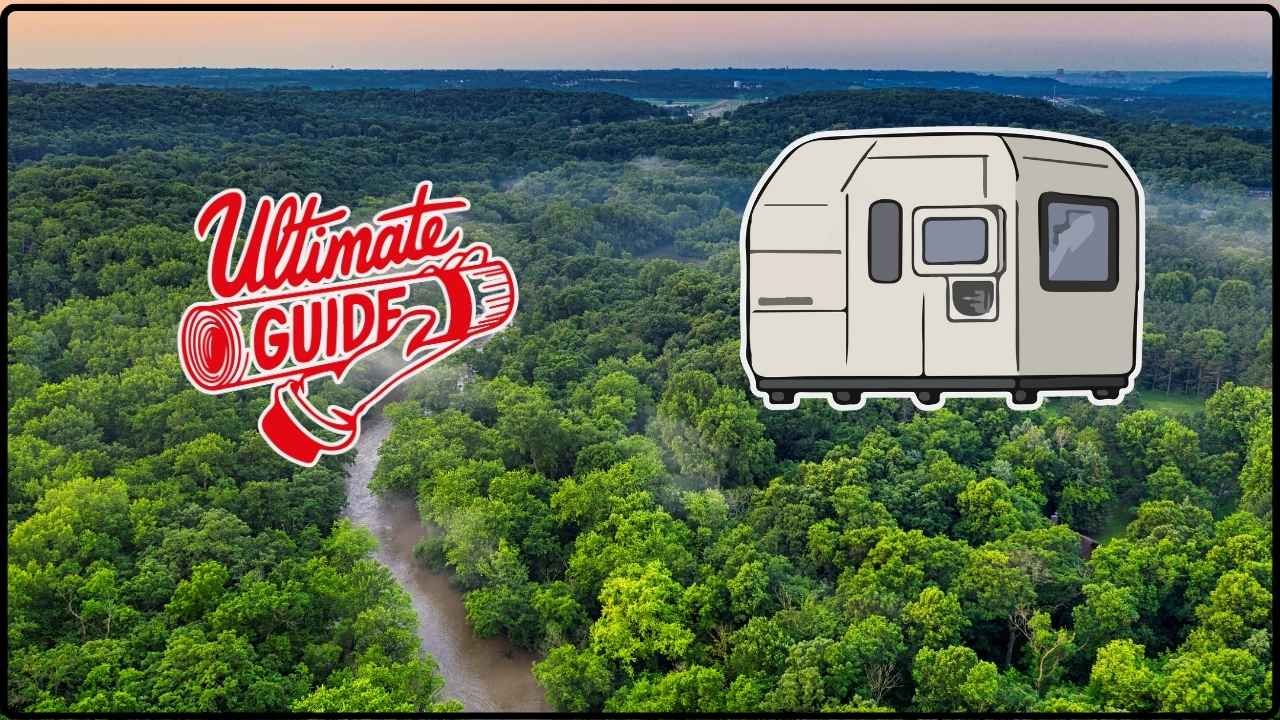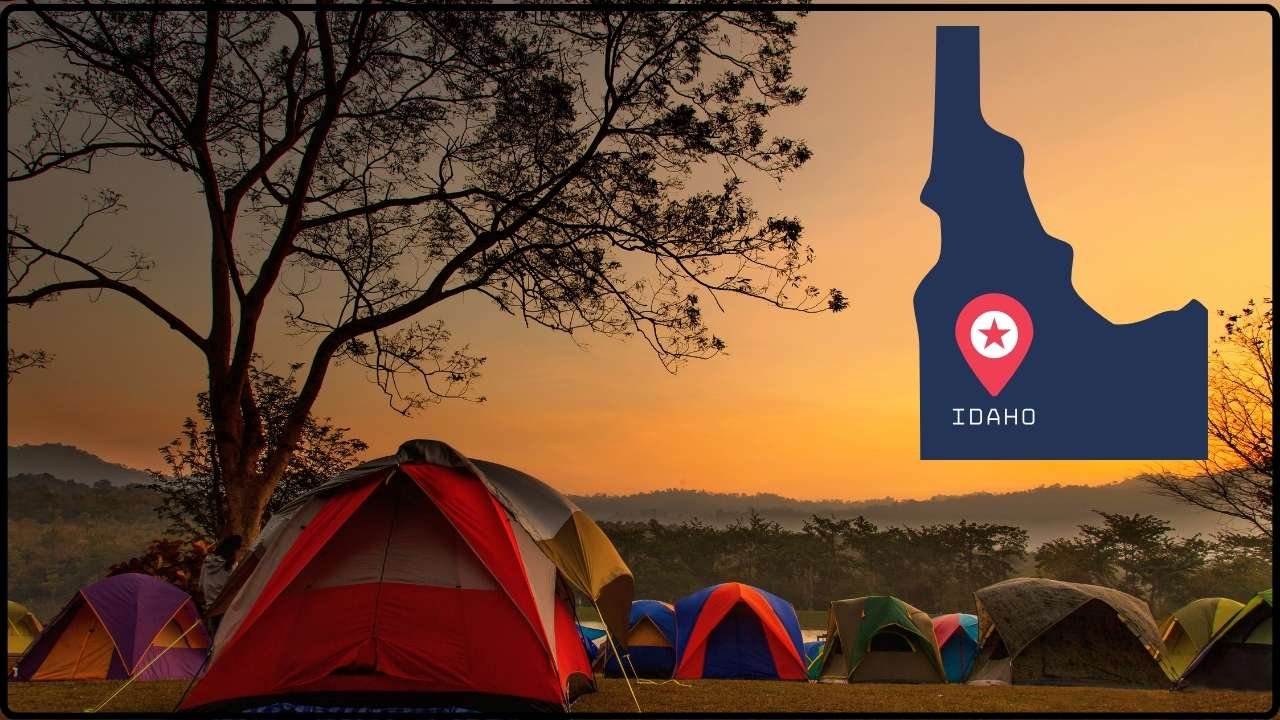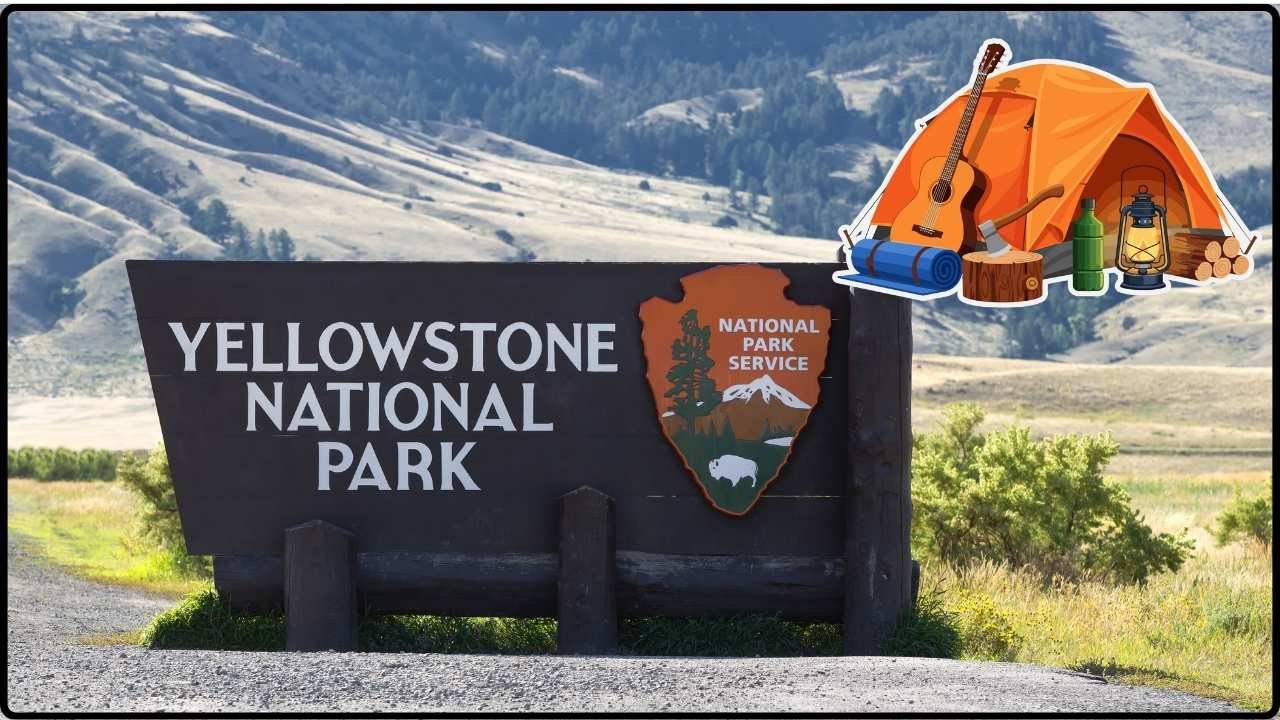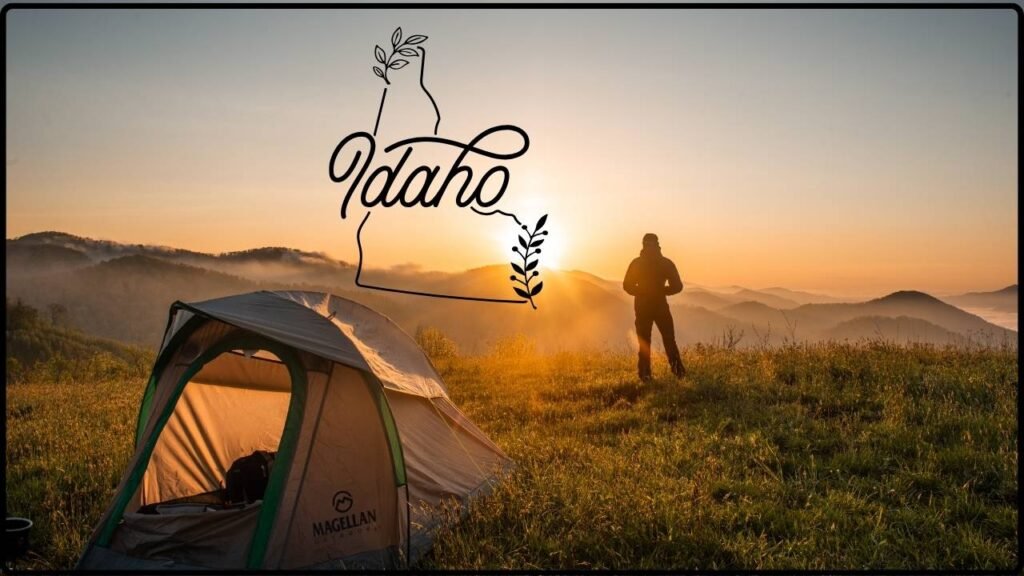
Camping on Idaho Endowment Lands: If you’re lookin’ to pitch your tent and soak in the rugged beauty of the Gem State without the hassle of fees or fancy campgrounds, camping on Idaho Endowment Lands might just be your perfect spot. These lands stretch over 2.5 million acres, managed by the Idaho Department of Lands (IDL), serving as a backbone both for Idaho’s public institutions’ benefits and outdoor recreation. Whether you’re a weekend warrior, nature lover, or a seasoned hunter, knowing the rules, safety tips, and how to prepare is key to making your Idaho camping trip smooth and memorable. This guide breaks down everything you need to hang your hat out there—from regulations, camping etiquette, safety with wildlife, gear checklists, to little pointers seasoned campers swear by. Let’s hit the trail!
Camping on Idaho Endowment Lands
Idaho Endowment Lands offer a mighty fine opportunity for campers wanting an authentic, budget-friendly, and spacious outdoor experience. With 2.5 million acres to explore, and simple, sensible rules in place, both beginners and seasoned outdoorsfolk can enjoy the freedom of the wild while helping to preserve this land for generations to come. Stick to the 14-day camp limit, respect the wildlife, know your gear, and prepare for changing weather, and you’ll have a blast soaking in Idaho’s outdoor magic. So gear up, play it safe, and get out there!
| Feature | Details |
|---|---|
| Total acreage | Approximately 2.5 million acres of Idaho Endowment Lands |
| Maximum camping stay | 14 consecutive days in one location within a 28-day period |
| Camping beyond 14 days | Allowed only if moved 5+ miles from prior site |
| Campfire size limitation | Fire rings no wider than 3 feet in diameter |
| Vehicle use | Must stay on established roads and trails, no creation of new routes |
| Permit and fee | No permits or fees required for most camping |
| Location restriction | No camping allowed in posted “closed” areas |
| Unattended property | No personal belongings left unattended over 48 hours |
| Camping distance from water | Must be at least 30 feet from lakes, rivers, or wetlands |
| Seasonal considerations | Prime seasons are spring, summer, and fall; winter camping requires special gear and prep |
| Reference | Idaho Dept. of Lands (IDL) idl.idaho.gov |
What Are Idaho Endowment Lands?
Idaho Endowment Lands were handed over to the state when Idaho gained statehood. Their mission? Generate reliable income for local schools, universities, and other public institutions by sustainably managing natural resources on these lands—think timber, minerals, and grazing leases. But here’s the kicker: while they’re managed for a big-picture purpose, these lands are open to the public for recreation—including camping.
Covering a mixed landscape of forests, rivers, mountains, and valleys, these lands let folks get close to nature without the crowds. They’re not your typical developed campgrounds with bathrooms or showers—more raw and back-to-the-basics style camping.
Rules You Gotta Know Before Camping on Idaho Endowment Lands
Temporary Stays Only: 14-Day Limit
Camping on these lands is temporary—you can stay for up to 14 consecutive days at a single location within any 28-day window. If you want to camp longer than two weeks, you gotta pack up and move at least five miles away before setting back up. It’s a rule that keeps the camp spots fresh and helps protect the ground from overuse.
Stay Clear from Water
Campers must set up camp at least 30 feet away from any water source—like lakes, rivers, or wetlands—to keep the ecosystems healthy and reduce erosion.
Fire Smart
Campfires are allowed, but keep ‘em in a ring no bigger than 3 feet wide. Fire danger can ramp up quick in Idaho, so always check fire restrictions in advance. Remember, pack out any fire debris and never leave your fire unattended.
Vehicles Stay on the Road
Off-roading or creating new trails on endowment lands is a no-go. You must keep your rig on established roads and trails. Respecting this helps prevent damage to fragile soils and native plants.
No Trash Left Behind
There’s no trash service out there, friend, so you gotta pack out whatever you bring in — all garbage, food scraps, and even toilet paper. Keeping it clean preserves these lands for the next camper.
Personal Gear Cannot Be Left Unattended
Leaving tents, tools, or any personal gear unattended for more than 48 hours is not allowed. It’s about safety, security, and land management.
Safety Tips for Wildlife and the Environment
Idaho’s wild side means you’ll likely encounter critters from deer and elk to smaller mammals and birds. The Idaho Department of Lands and Fish & Game work closely to maintain wildlife habitat and balance recreation with conservation.
- Always store food in bear-proof containers or your vehicle. Leave no food scraps out to avoid attracting wildlife.
- Know your surroundings and stay aware of wildlife activity—especially during dawn and dusk.
- Respect wildlife space; observe from a distance and never feed animals.
- Keep dogs on a leash, especially in wildlife-rich areas.
By following these guidelines, we all help keep Idaho a safe, sustainable place for the wild creatures that call it home.
Essential Camping Gear Checklist for Idaho Endowment Lands
Let’s be real: packing smart can make or break your trip. Here’s a no-nonsense checklist for a cozy, safe stay:
- Tent, stakes, and footprint
- Sleeping bag suitable for Idaho’s temps
- Lightweight camping stove or fire gear (if allowed)
- Water containers plus filter/purification system
- First aid kit
- Headlamp or flashlight with extra batteries
- Map and compass or GPS device
- Food and snacks (bear-proof containers recommended)
- Weather-appropriate clothing (layers, rain jacket, hat)
- Trash bags (for packing out garbage)
- Multi-tool or knife
- Sunscreen and insect repellant
Bonus: Camp chair, portable solar charger, binoculars for wildlife watching, and a camera to capture those epic views.
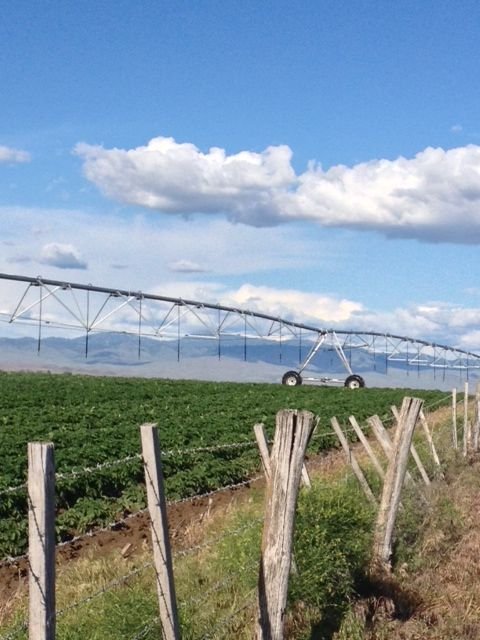
Seasonal Tips: When to Camp on Endowment Lands
Idaho’s seasons bring markedly different experiences:
- Spring: Wildflowers bloom, animals emerge from hibernation, but spring showers can make roads muddy.
- Summer: Peak camping season—warm days and cool nights, but watch for wildfire alerts and higher visitor traffic.
- Fall: Crisp air, spectacular foliage, and quieter campsites. Just be ready for chilly nighttime temps.
- Winter: Snow can limit access except for the hardiest campers or those with snow gear. Plenty of solitude but come prepared!
Checking local weather and road conditions ahead of your trip is a must, as Idaho’s mountain roads can close or become rough seasonally.
Making a Positive Impact of Camping on Idaho Endowment Lands: Land Stewardship
Camping on Idaho Endowment Lands isn’t just about enjoying the moment—it’s about being a good steward. These lands help fund vital public services and schools across Idaho. Your respectful use protects these resources and helps maintain public access for future campers.
- Always leave sites cleaner than you found them.
- Avoid disturbing historic or cultural sites.
- Report illegal activities or environmental damage to authorities.
- Follow all posted signs and respect closures.

